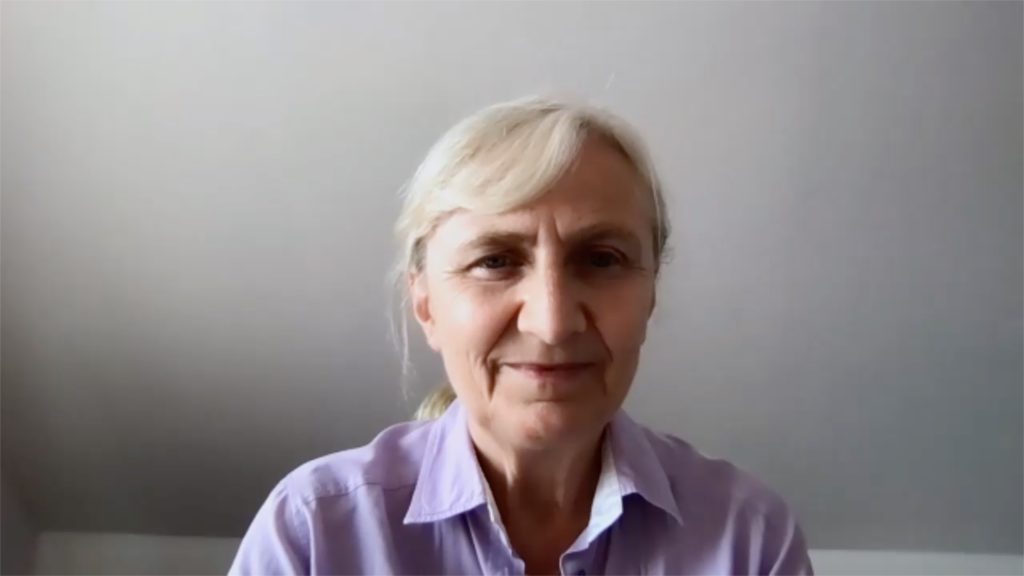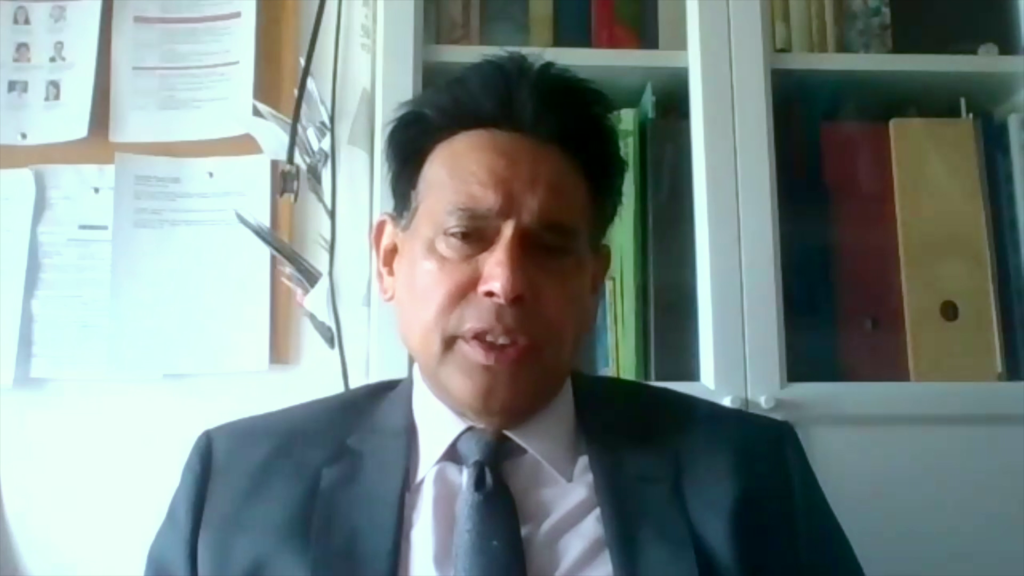The European Academy of Neurology (EAN) 2024 meeting, held in Helsinki, Finland, provided the many neurologists and allied health professionals in attendance with a high-quality scientific program. This year’s theme, “Neuromodulation: Advances and Opportunities in Neurological Diseases,” encompassed a wide range of exciting topics. Here are some of our symposium highlights:
 Secondary prevention of cognitive impairment and dementia: Practical interventions to foster the European Brain Health Strategy
Secondary prevention of cognitive impairment and dementia: Practical interventions to foster the European Brain Health Strategy
The symposium chaired by Prof. Giovanni Frisoni highlighted the EAN’s Brain Health Strategy and ongoing secondary prevention programs for cognitive impairment and dementia. Prof. Miia Kivipelto presented the Finnish Geriatric Intervention Study (FINGER), demonstrating that 40% of dementia cases could be preventable through modifiable risk factors. The FINGER study showed that multidomain interventions, such as diet, exercise, and cognitive training, offered cognitive and cardiovascular benefits, reduced healthcare costs, and improved quality of life. Kivipelto also introduced FINGER 2.0, integrating metformin with lifestyle changes for precision prevention. Prof. Frisoni discussed a feasible strategy for secondary prevention in healthcare, emphasizing risk assessment and personalized prevention, and introduced the Swiss Geriatric Intervention Study (SWINGER). Prof. Svletana Tomic reviewed pharmacological interventions, noting that while statins reduce dementia risk, other drugs had minimal impact. The session highlighted the significance of preventive measures and the necessity for further research in cognitive impairment and dementia.
EAN/ESRS: Lights off, brain still on: Sleep as a pillar of brain health
The joint EAN/ESRS symposium, chaired by Ambra Stefani and Tiago Fleming Outeiro, highlighted the crucial role of sleep in brain health and neurodegenerative disorders. Tiago Outeiro discussed the molecular mechanisms of protein misfolding linked to Parkinson’s and Alzheimer’s diseases, emphasizing sleep’s role in clearing these misfolded proteins. Ambra Stefani presented evidence that both insufficient and excessive sleep are risk factors for neurodegenerative diseases, suggesting sleep improvement as a neuroprotective strategy. Claudio Liguori explored the bidirectional relationship between sleep disorders and neurodegeneration, with REM sleep efficiency being particularly important. Femke Dijkstra focused on REM sleep disorders as early indicators of synucleopathies like Parkinson’s disease, highlighting the potential of wearables for early detection and intervention. The symposium underscored the need for good sleep hygiene and public education on the importance of sleep, positioning it as a key factor in preventing cognitive decline and promoting overall brain health.
Managing challenges for women in neurology
The EAN networking session focused on practical advice for female neurologists facing career challenges, aligning with EAN’s diversity, equity, and inclusion goals. Reetta K. Kälviäinen from Finland highlighted gender equality milestones but noted low female representation in STEM and clinical trials. She discussed “credibility deficits” and ageism, sharing her rejection at age 58 despite international recognition. Kälviäinen addressed exclusion from panels and sexual harassment, citing campaigns like #Manels and #MeTooMedicine, and emphasized the influence of family on gender equality. She advocated for equal parental leave and reasonable working hours, mentoring, and visible role models.
Maria Stamelou acknowledged her late awareness of gender bias and its subconscious nature. She linked gender bias to generational ideas and highlighted women’s guilt and confidence gaps. Stamelou criticized the “boy’s club mentality” and emphasized realizing gender bias as the first step to overcoming it. She called for women’s empowerment and organized inclusion strategies.
The session was enthusiastically received, with discussions on countering sexist comments and prioritizing equity in competitive fields like medicine.
Disclosure: This article was created by the touchNEUROLOGY team utilizing AI as an editorial tool (ChatGPT (GPT-4o) [Large language model]. https://chat.openai.com/chat.) The content was developed and edited by human editors. No funding was received in the publication of this article.





